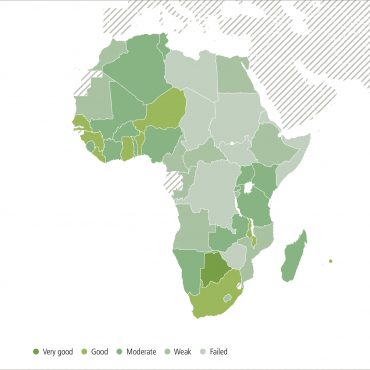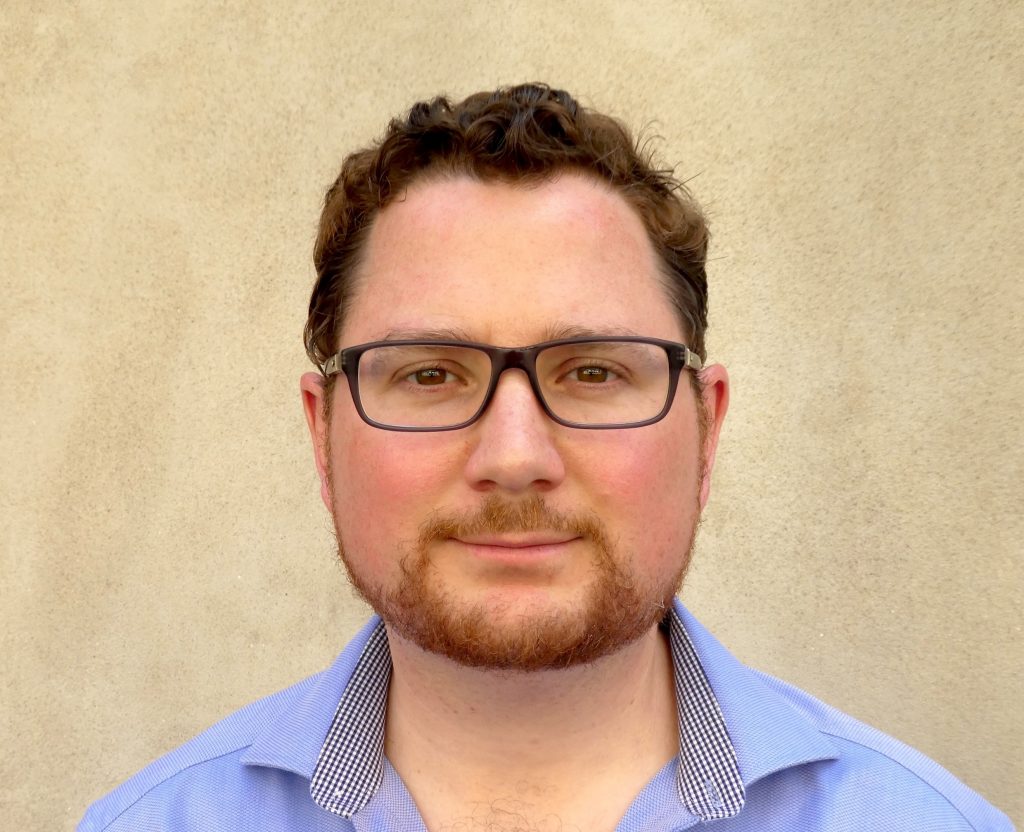A Divided Continent
Africa is deeply polarized between political and economic extremes. Some of the clouds on the horizon may prove to have silver linings. The African Union has a key role to play in transforming the region into a continent of opportunity.
At the 32nd Summit of the African Union (AU) in Addis Ababa on 10-11 February, heads of state and government will discuss the continent’s pressing issues. The focus will be on addressing migration and displacement in Africa – from providing shelter and care for refugees to long-term measures to combat the underlying causes of forced migration. Behind the scenes, leaders are also likely to discuss the future political role of the regional organization which, despite the differing interests of its 55 member states, has recently shown itself to be surprisingly capable of action.
Since 2006, the Bertelsmann Stiftung’s Transformation Index (BTI) has analyzed the political and economic conditions for transformation and the governance quality in developing and transitional countries worldwide. The newly published regional report on African transformation processes comes to an ambivalent conclusion: The region is divided between democratizing countries and authoritarian regimes and between economic success stories curbing corruption and crisis prone states vulnerable to conflict.

The situation is particularly complicated because the borders between these two worlds are fluid and sometimes inconsistent, as the example of Rwanda shows, which combines high and sustained economic growth with harsh political repression.
The landlocked state of Botswana and the island state of Mauritius are the undisputed success stories of Africa in the Transformation Index, which show that democratization and sustainable economic and social policy can succeed with prudent and strategic political planning.
Crises and opportunities
Many African states are still a long way off these transformational pathways. Political instability, engrained poverty, authoritarian retrenchment and a lack of economic diversification have worsened rather than improved the situation in many countries. Five out of seven countries that the BTI classifies as failed states lie on the African continent. 38 out of 44 countries surveyed are marked by pervasive structurally engrained poverty. Although almost all states now have multi-party systems, democracy often lacks substance in terms of rule of law and genuine opportunities for political participation. Electoral fraud is widespread, and five heads of state have had the constitution amended since 2015 alone in order to be able to postpone the end of their term of office.
The AU has a key role to play in transforming Africa into a continent of opportunity by becoming more committed to economic diversification, poverty reduction and good governance, at least curbing the causes of forced migration. Since its foundation, the AU has developed into a serious political actor on the continent. It has temporarily suspended a number of countries following coups, including Mauritania (2005), Guinea (2008), Madagascar (2009), Côte d’Ivoire (2010), Egypt (2013) and the Central African Republic (2013).
The Gambian precedence
Does this speak in favor of securing the status quo or a willingness to reform on the part of the AU? We have to assess the role of the AU in supporting democratic transformations realistically. Taking a stand against unconstitutional transfers of government such as military interventions is in the interest of all incumbent presidents. But measures that seek to protect democratic norms and values are unlikely to be enforced because they would weaken the position of numerous authoritarian rulers.
Some evidence already suggests that authoritarian leaders can no longer be so sure of their power in the future. After Gambia’s dictator Yahya Jammeh tried to hold on to his presidency despite his election defeat in December 2016, a clear joint AU statement in January 2017 contributed to force him out of power.
Societal trends give hope
Societal changes underscore this trend. Female politicians play a greater and often positive role in post-conflict settings. Improved access to education, the increasing use of mobile phones with Internet capacity and rapid urbanization have led citizens to become more critical and to poorly functioning governments wanting to be more accountable than in the past. If this trend continues, the balance of power within the AU could also shift more in favor of democratically legitimized governments. Only then could the AU effectively implement some of the goals of its Agenda 2063: to become a continent of good governance, democracy, respect for human rights, justice and the rule of law.
Nic Cheeseman is Professor for Democracy and International Development at the University of Birmingham.
Robert Schwarz is Senior Project Manager of the Bertelsmann Stiftung’s Transformation Index (BTI).


